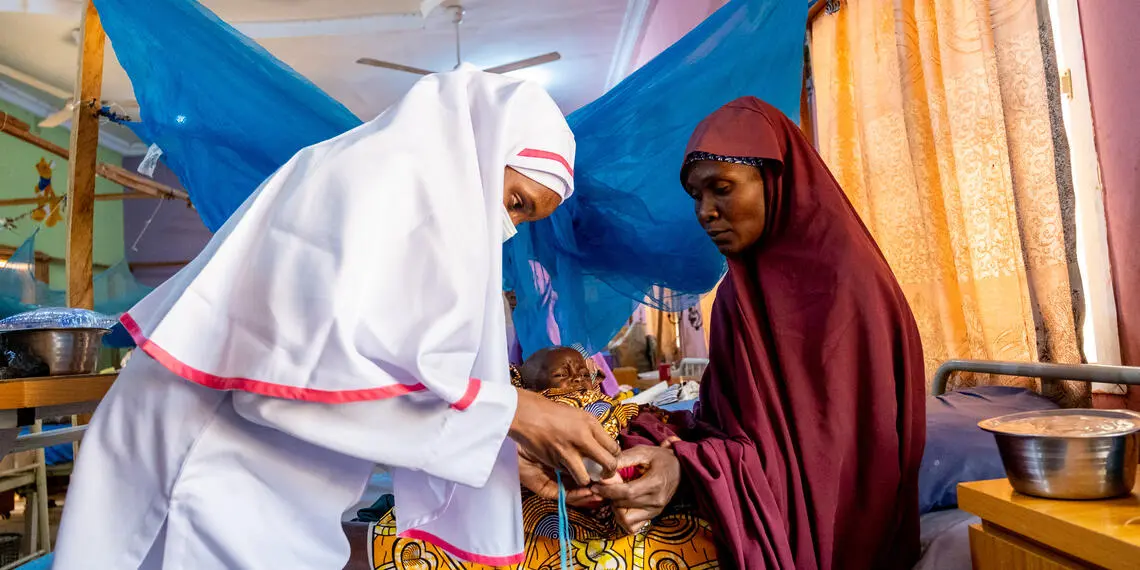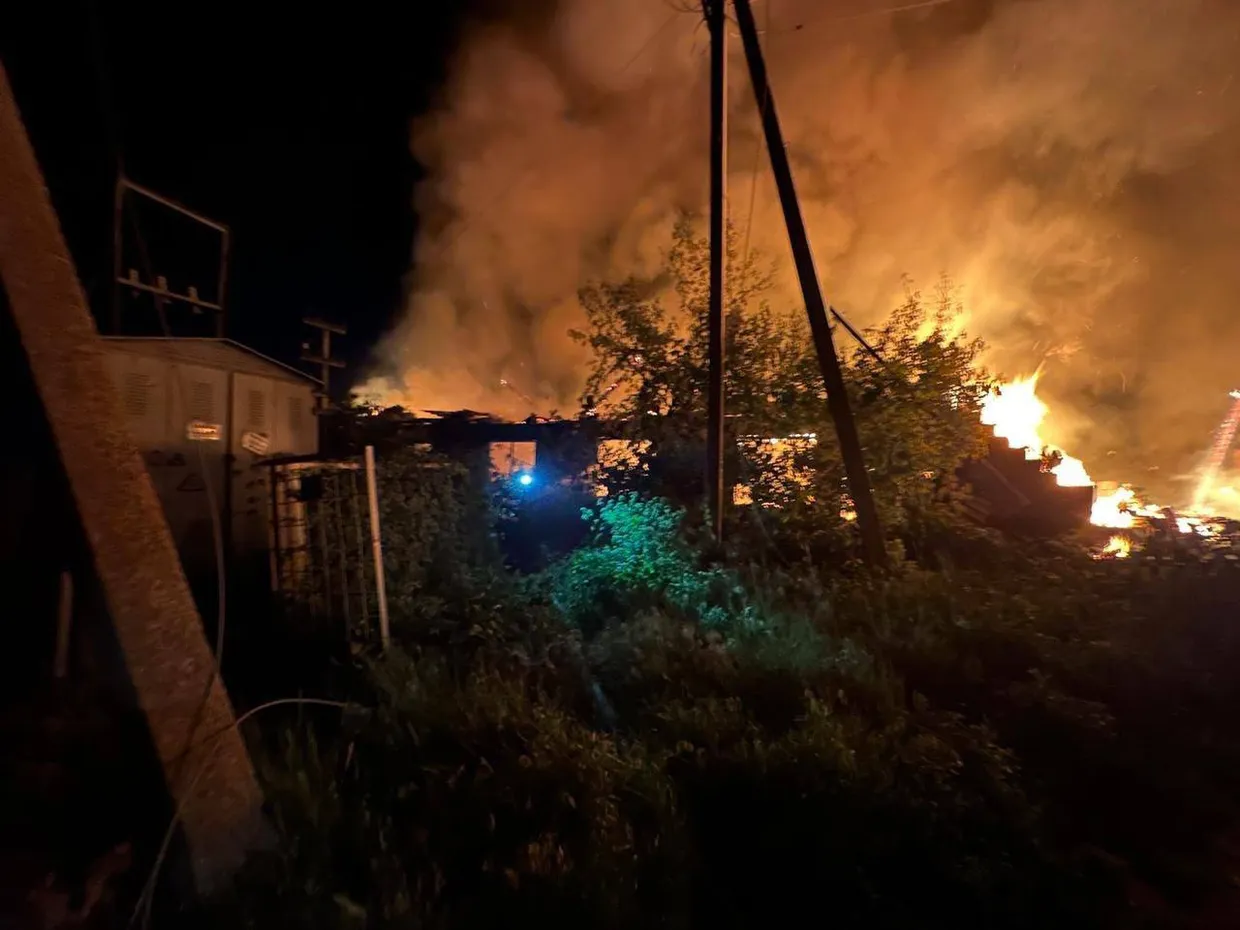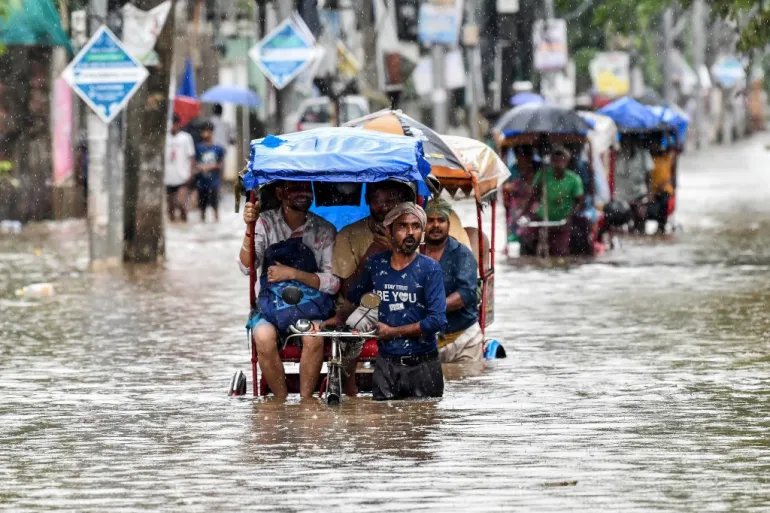The United Nations Office for the Coordination of Humanitarian Affairs (OCHA) has issued a comprehensive update shedding light on escalating humanitarian crises across the occupied Palestinian territory, Lebanon, and Nigeria. The report underscores urgent needs resulting from ongoing conflict, economic collapse, and violence.
Occupied Palestinian Territory: Aid Disruptions and Human Toll
OCHA’s latest update reveals that humanitarian operations in the occupied Palestinian territory have been severely disrupted amid escalating violence. Humanitarian convoys supplying food, water, and medical aid are frequently delayed or halted at checkpoints, exacerbating shortages in Gaza, the West Bank, and East Jerusalem.
Reports describe devastated neighborhoods, civilian displacement, and damaged healthcare facilities. Many hospitals, already stretched thin, are running low on essential supplies—sterile dressings, anaesthesia, and fuel to run life-saving equipment. Doctors have issued urgent appeals, warning that current emergency responses are unsustainable should violence continue.
Aid agencies note that ongoing power and water supply failures are further hindering medical care and sanitation efforts. With drive-by shootings and mortar shelling disrupting relief routes, field staff and media crews are increasingly threatened, complicating efforts to document and address civilian suffering.
Lebanon: Economic Meltdown and Public Desperation
Next door in Lebanon, OCHA highlights the country’s severe economic collapse, which continues to cripple living standards and public services. The Lebanese pound’s devaluation and rising inflation have pushed more than half the population below the poverty line.
According to OCHA, hospitals across Lebanon are struggling without reliable power or basic medical supplies. Understaffed health institutions are turning away patients or shuttering entirely. The education system faces similar threats; schools are unable to pay teachers or maintain building infrastructure, leaving children vulnerable to chronic absenteeism.
Water shortages remain widespread, with entire communities unable to access clean water. OCHA reports that residents increasingly rely on water trucking services, but many are unable to afford the elevated fees. Both urban and rural areas face steep deterioration in living conditions—prompting international agencies to call for an urgent injection of development aid and economic stability measures.
Nigeria: Violence and Living Conditions in Northeast
In northeastern Nigeria, OCHA stresses continuing instability driven by Boko Haram and armed militias. Civilian populations are under sustained threat from violence, abductions, and forced recruitment. Internal displacement remains high as people flee both extremist groups and counter-insurgency operations.
OCHA data indicates that nearly 2 million Nigerians are currently displaced within the region, with limited access to shelter, healthcare, and clean water. Markets and schools have become targets, prompting many families to forsake farming and pursue risky journeys to find safety.
Malnutrition rates are climbing across the region, with children and pregnant women at particular risk. Health clinics are under severe strain and in need of reinforcements to prevent disease outbreaks. Although international support is arriving, much of it remains stalled at logistical constraints, permitting delays in essential deliveries.
Shared Challenges and OCHA’s Next Steps
In all three contexts, OCHA emphasizes challenges including limited humanitarian access, inadequate funding, and logistical bottlenecks. Violence, infrastructure collapse, and economic instability have combined to stymie relief efforts and deepen suffering.
The agency is appealing for sustained donor commitment, highlighting the need for flexible emergency funding that adapts to evolving crises. OCHA intends to increase advocacy for enforcement of humanitarian corridors and promote partnerships with national authorities and NGOs to improve service delivery.
Key priorities identified in the report include:
Expanding humanitarian corridors in Gaza, West Bank, and East Jerusalem;
Bolstering essential health and food security programs in Lebanon to counter economic decline;
Scaling up protection services and reducing displacement impacts in northeastern Nigeria.
Why It Matters
OCHA’s report serves as a crucial overview of interlinked crises affecting millions — civilians living in warzones, collapsing economies, and high-risk displacement. These challenges have immediate implications for regional stability and global humanitarian priorities, while underlining the responsibility of the international community to act.
As violence intensifies, economies falter, and services degrade, OCHA warns that the window to prevent further humanitarian deterioration is rapidly closing. Should urgent interventions fail to materialize, these regions face catastrophic outcomes—humanitarian suffering, increased migration, and growing insecurity.
Source: United Nations OCHA



